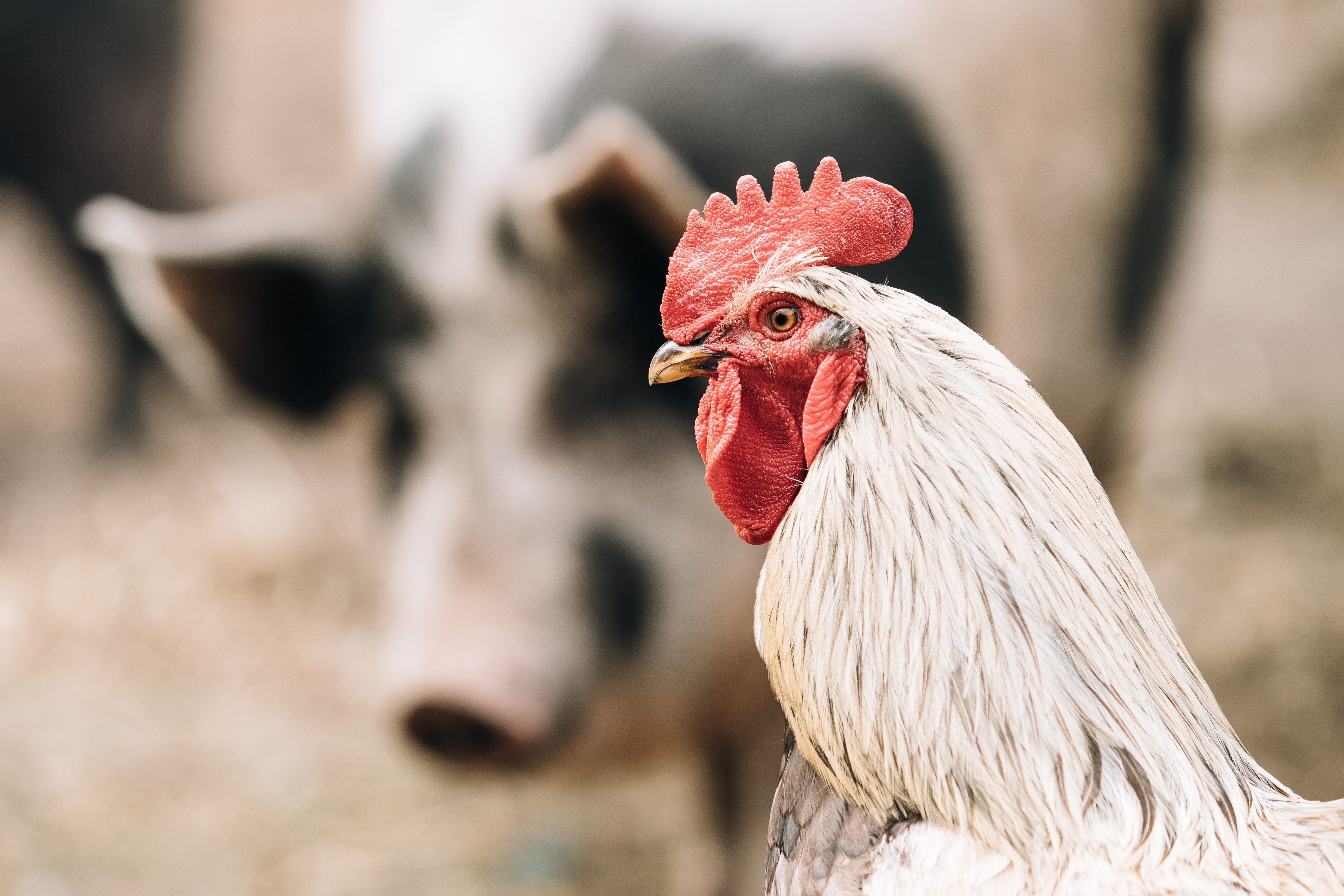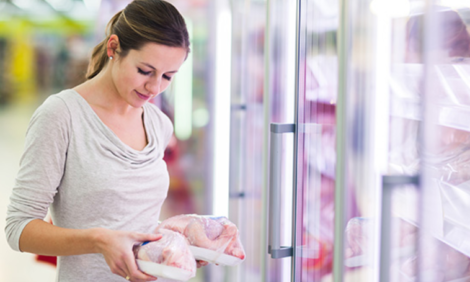



No-deal Brexit could have “catastrophic toll” on animals, warns UK’s leading animal welfare organisations
Increased animal testing, supply problems for veterinary medicine and animal food, border hold-ups and chlorinated chicken imports could accompany a no-deal Brexit.The UK’s leading animal welfare organisations are warning of the potential catastrophic toll on animal welfare as a no-deal becomes an increasing reality.
As face-to-face trade talks resume between the UK and EU, the Animal Welfare Taskforce (AWT) is urging the government to understand the wider consequences of failing to agree a deal.
As well as lower welfare imports and the destruction of the UK’s farming industry which are already widely recognised, the impacts on animal welfare could include:
- increased animal testing
- disruptions to supply chains for veterinary medicine, animal and pet food
- long delays for live animals at border controls
David Bowles, AWT member and Head of Public Affairs for the RSPCA said: “A no-deal could have a catastrophic toll on animal welfare - but we’re not sure the government has grasped the full implications yet.


“Many of the non-EU countries jostling to provide us with food we currently import from the EU, use production methods with animal welfare standards that are illegal in the UK. These include practices such as keeping hens in barren battery cages, pigs in cruel sow stalls and beef cattle injected with hormones. But it’s not just issues such as chlorinated chicken imports or the destruction of UK farmers’ livelihoods that may result if we cannot agree a deal.
“Other knock-on effects could include increased animal-testing, because data-sharing with the EU will decrease. Disruption to supply chains of animal feed and pet food could mean farmers and pet owners may be unable to feed their animals properly and this threat could lead to stock-piling. Imported veterinary medicines could face delays in supply, reducing the UK’s ability to prevent and control disease outbreaks, and new regulations and border control posts could increase delays, potentially putting severe stress on livestock.
“While we recognise that there are some possible actions that could be taken to mitigate the effects of a no deal, none are ideal. For example, while lower welfare animal products could have tariffs slapped on them, a ban would be far preferable; polling by YouGov shows two-thirds of UK people wanted a ban on food produced elsewhere to standards that are illegal in Britain.”
The AWT is calling for proper resources to be provided to the UK’s Veterinary Medicines Directorate so it can cope with the expected increase in regulatory demand and a clear strategy developed so that all relevant British companies hold the necessary testing data for chemicals by the end of the year to prevent duplicate animal testing. It is also pressing for the development of appropriate infrastructure and properly trained personnel to help to reduce the damaging effects of hold-ups at ports.
David Bowles continued: “No deal is far from ideal. However, if that is the outcome, we must make the best of what is a bad situation, and to ensure that animals do not pay a heavy price for the UK Government’s failure to reach an agreement.
“Time is precious and short and there is a lot that needs to be done. We urge the UK Government to make a firm commitment to safeguarding animal welfare.”









